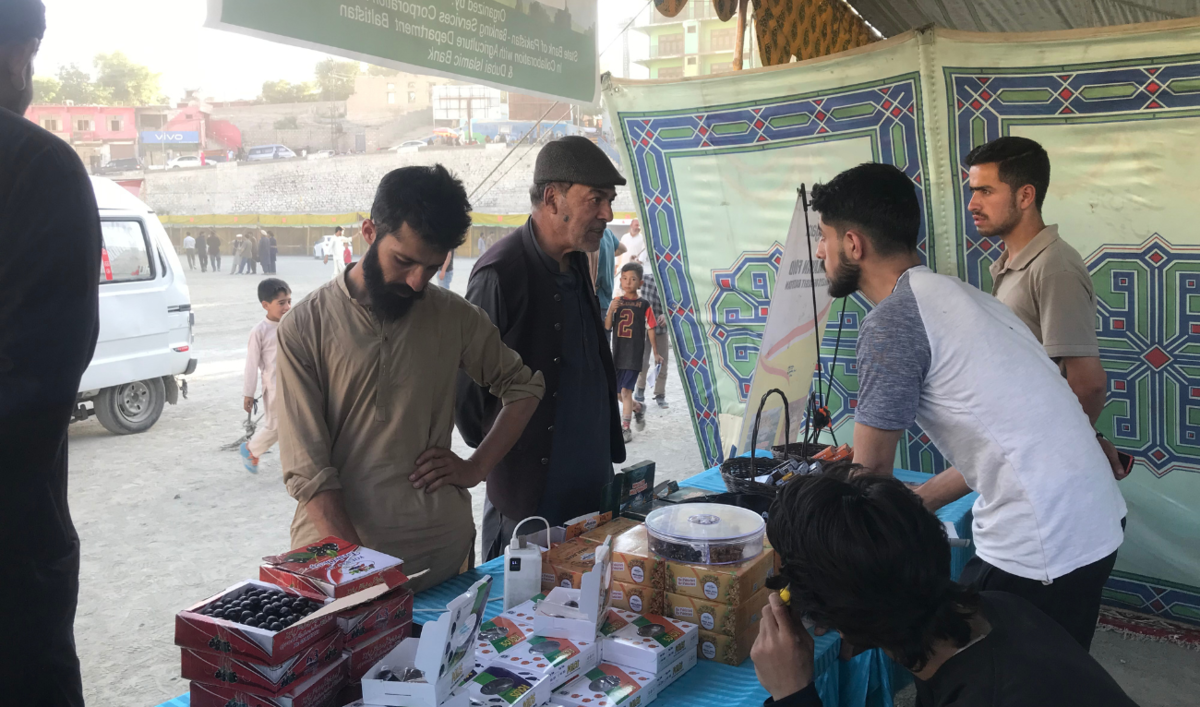ISLAMABAD: Pakistan’s leading rights body this week expressed “grave concern” over a defamation bill passed by the Punjab Assembly that empowers special tribunals to impose hefty fines on persons found guilty of peddling fake news, saying it would lead to a clampdown on freedom of speech and expression in the country.
The bill empowers the government to establish a special tribunal to try those involved in drafting, publishing and/or airing “fake news.” The tribunal shall decide the case within six months and may impose a fine of up to Rs3 million ($10,770). However, when cases against individuals who hold constitutional posts are heard, the high court will hear them.
The bill also states that the government will provide legal assistance to women and transgender individuals in defamation cases through a legal team. The bill was tabled by Punjab Finance Minister Mujtaba Shujaur Rehman in the assembly on Monday, ignoring calls from the Pakistan Federal Union of Journalists (PFUJ) and other media bodies to delay voting on it.
A ruckus ensued in the assembly with opposition lawmakers tearing copies of it and shouting slogans after the house passed it through a voice vote. Journalists present in the press gallery staged a walkout, saying the bill attempts to silence dissent.
“The Human Rights Commission of Pakistan (HRCP) has expressed grave concern over the draft defamation bill tabled in the Punjab Assembly,” the HRCP said in a statement on Monday.
The HRCP pointed out that the bill proposes a parallel structure to adjudicate defamation claims, adding that it has always opposed the same on the grounds that such measures “invariably violate fundamental rights and other universally accepted norms governing the fair functioning of the judiciary.”
It also raised alarm over the fact that the bill empowers the government to set up defamation tribunals and appoint judges at higher allowances and benefits than what are available to the existing provincial judiciary functioning at the district level.
The HRCP said the bill states that defamation claims have to be resolved within 180 days and proposes authorizing tribunals to issue preliminary decrees up to Rs3 million without trial on receiving a defamation claim.
“This will be a huge blow to freedom of expression and dissent,” the rights body said. “Such orders are likely to be passed without following due process and ensuring fair trials.”
The HRCP highlighted that the bill creates a “special category” of constitutional officeholders such as the prime minister, chief justices and military chiefs, among others. Defamation claims against these members would be heard by a one-member tribunal comprising a judge of the Lahore High Court.
“This provision violates the principle of equality of citizens and equality before the law,” it said.
Meanwhile, Punjab Information Minister Azma Bokhari last week defended the bill, saying its main purpose was to stop the spread of lies and defamation.
“A person who lies under the guise of a journalist with a specific agenda will face the music under this proposed law,” Bokhari told journalists during a news conference on Wednesday.
Bokhari said some articles peddling fake news which were published in Pakistan could not be published in other countries due to the stringent laws there that hamper such practices.
“After this law, no one can be blackmailed,” she said. “Freedom of expression can neither be restricted, nor will be allowed to commit wrongdoing.”
Media bodies have often cited Pakistan as one of the most dangerous countries for journalists. The International Federation of Journalists (IFJ) on May 3 released its country report on Pakistan in which it said over 300 journalists and bloggers were affected by state coercion in the course of a year.
The report said dozens of journalists were arrested this year for durations between several hours to four weeks and nearly 60 were served legal notices or summons for their journalism work or personal dissent online.


















